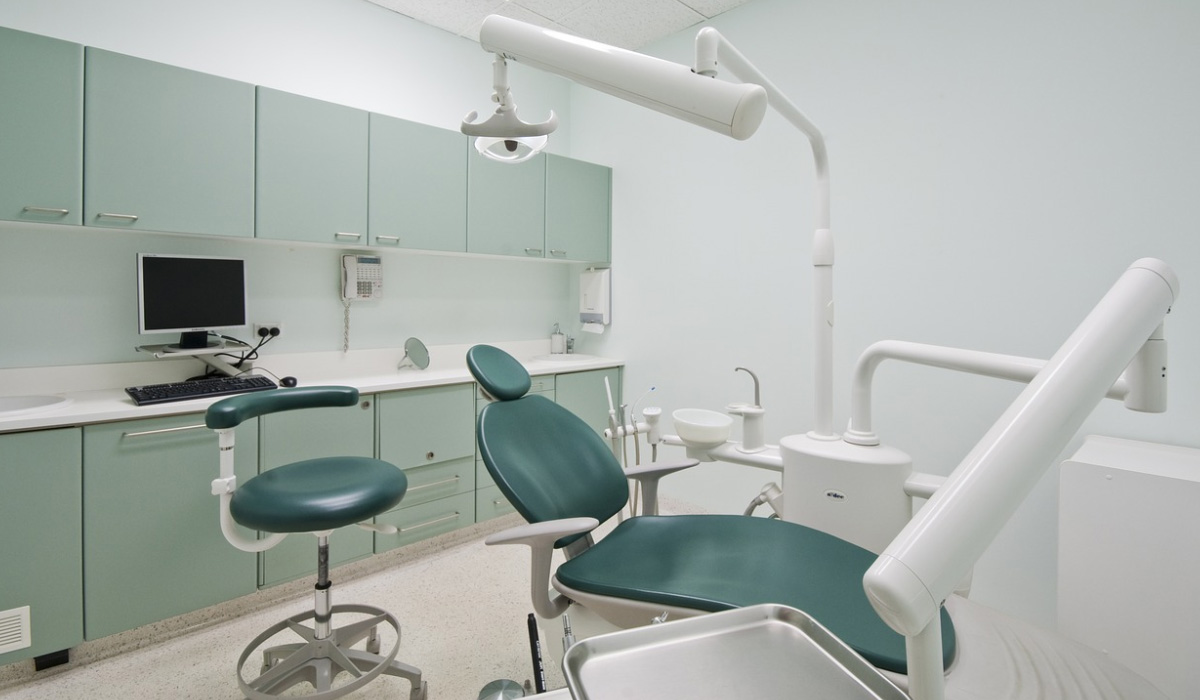Do you or someone you know experience high anxiety when faced with the prospect of visiting the dentist?
If so, don’t feel bad. Dental care anxiety is more common than you may think. Many people around the world share these same fears.
Perhaps the worries are triggered by the anticipation of pain or discomfort, unpleasant memories, or the prospect of being unable to speak while the dentist works. Perhaps the anxiety is nonspecific. Whatever the cause, finding a way to manage your dental care anxiety is vital.
Don’t Underestimate the Important of Routine Check-Ups
Difficult as it may be, it is crucial not to let your fears prevent you from getting regular access to dental care. Oral health significantly impacts your overall health and well-being and, left unchecked, can contribute to developing diseases like diabetes.
Leading healthcare professionals recommend that you see you get your teeth cleaned and checked every six months or at least once a year. It can help keep your teeth healthy and catch any potential issues before they cause too much damage.
Putting off routine dental care means letting these things go unchecked – if they worsen, they can cause health issues and extreme pain and require even more dental work.
If anxiety keeps you from accessing regular dental care, try implementing some strategies.
Find A Dentist You Are Comfortable With One of the best ways to start tackling dental anxiety is to find a dentist practice you are comfortable with. It goes beyond just feeling at ease with the dentist themselves – dental hygienists are the ones who do most of the work when it comes to checkups and routine cleansings, so their level of care should be considered when choosing a practice.
If you are uncomfortable with your current dentist or regular hygienist, don’t feel bad about asking to see someone else or changing to a different practice entirely. Do some shopping around – many practices offer cost-free consultations for prospective patients to give you a better feel of the place.
If you’re looking for a quality and comforting dentist in NW Calgary you can trust, visit our website for more information about how we can make your appointment more relaxing.
1. Let the Staff Know
It might be the last thing you want to do, but communicating your feelings to the staff is critical. They can’t do anything to make you more comfortable if they don’t know there’s a problem. Once you begin the dialogue, the staff can usually take it from there.
Most dental staff will explain what they will do before they start and then narrate what they do as they work. Keeping you informed about the process, and knowing what to expect, will help you feel more in control and reduce anxiety. If your dental care provider seems unwilling to do this, it’s probably time to take your business elsewhere.
2. Try Some Deep Breathing Exercises
You’ve probably heard that meditation exercises can be efficient for combatting anxiety. That’s all good, but most people probably find it challenging to meditate with a mouthful of dental equipment. There are certain meditation elements that you can borrow to help you feel more comfortable during your visit.
Deep breathing is one of the critical parts of meditation that helps you achieve that calm, centred feeling – and is something you can do while getting dental work done. Just focus on taking deep, steady breaths in and out of your nose – remember not to use your mouth!
3. Bring Something to Take Your Mind Off It
Bringing something to keep you busy is another good tactic to help keep the anxiety at bay. Your dental staff won’t think anything of it, especially if they know how you feel. You might try bringing earbuds and listening to your favourite songs, audiobooks, or even a relaxation app.
Alternatively, you could bring a small fidget device to be more discrete. Small items like a fidget spinner or fidget cube can easily fit in your pocket and help keep your mind off the procedure without paying much attention to yourself. You could also try doing both if you are feeling particularly anxious.
4. Establish Non-Verbal Signals with our Dentist
One of the aspects of dental care that can trigger a lot of anxiety is the loss of verbal communication. It’s pretty hard to talk when you have a mouth full of dental equipment, and you’re supposed to keep still – even though most dentists like to make conversation as they work!
You established hand signals or non-verbal cues with your dentist or hygienist before they began. It will help you feel more in control and allow you to communicate with them if you want them to slow down or take a break. It can be as simple as raising your hand to indicate that you need a breather or sip of water.
Many dental care professionals will read your body language anyway and automatically pause if you start to look uncomfortable or sit up.
5. Ask About Sedation Dentistry
If none of the other techniques have worked for you, and you can still not access regular dental care, it might be time to look into sedation dentistry. As the name suggests, this technique allows patients to be fully sedated – via some form of anesthesia – during their procedure. It’s not only for surgeries! Many patients with severe anxiety use it for routine cleanings and check-ups.
If you think sedation dentistry might be right for you, ask your dentist if they offer it. Not all dental practices do – so you might have to change to a different provider. You’ll probably also want to check that your insurance will cover the cost of the medication they use to put you under. Some insurance will only cover certain medications or allow them for specific reasons. Contact our dental clinic in NW Calgary today for more information.

